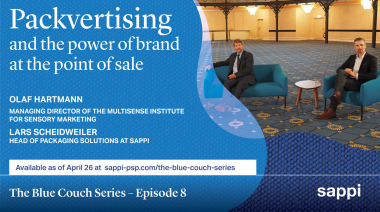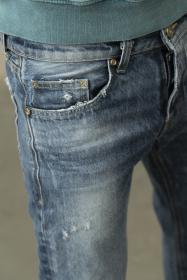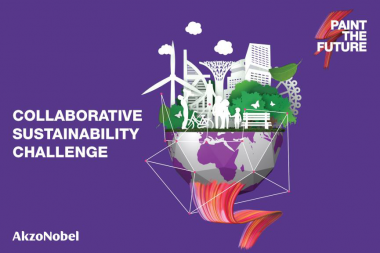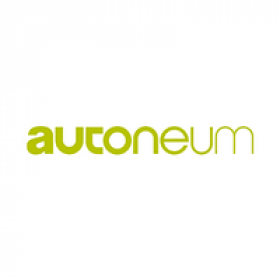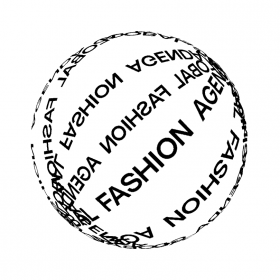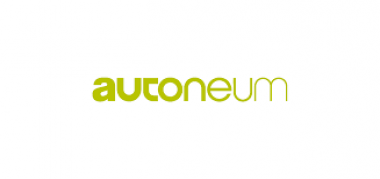Calzedonia chooses Green Label smart nets by Iluna Group
CALZEDONIA chooses products belonging to the GREEN LABEL line by ILUNA GROUP for its new Eco Collection of tights. They are GRS (Global Recycled Standard) and OEKO-TEX® Standard 100 certified and made with recycled yarns.
The ingredients used in the collection are:
- Q-NOVA® by Fulgar, an eco-sustainable nylon 6.6 fiber obtained from regenerated raw materials through a mechanical process that does not involve the use of chemical materials. It has been certified with the Global Recycled Standard (GRS) and for some time now has been part of the HIGG INDEX, the index developed by SAC (Sustainable Apparel Coalition) evaluating the environmental impact of the entire life cycle of a garment;
- ROICA™ EF by Asahi Kasei, one of the first recycled stretch yarns certified with Global Recycled Standard (GRS).
This collaboration confirms Iluna's commitment to creating products with a environmental responsibility thanks to a technological and corporate system that covers the entire perimeter of production, from materials to processing, dyeing and finishing. An industrial reality that increasingly integrates the value of responsibility, as demonstrated by the fact that the percentage of sustainable production has risen from 3% in 2018 to 52% in 2021.
Iluna Group / C.L.A.S.S.








